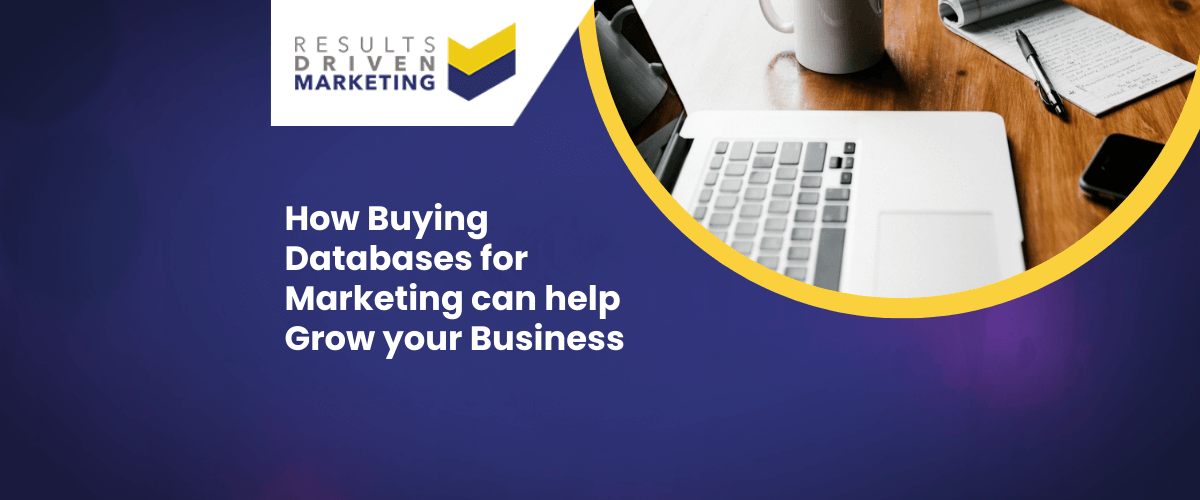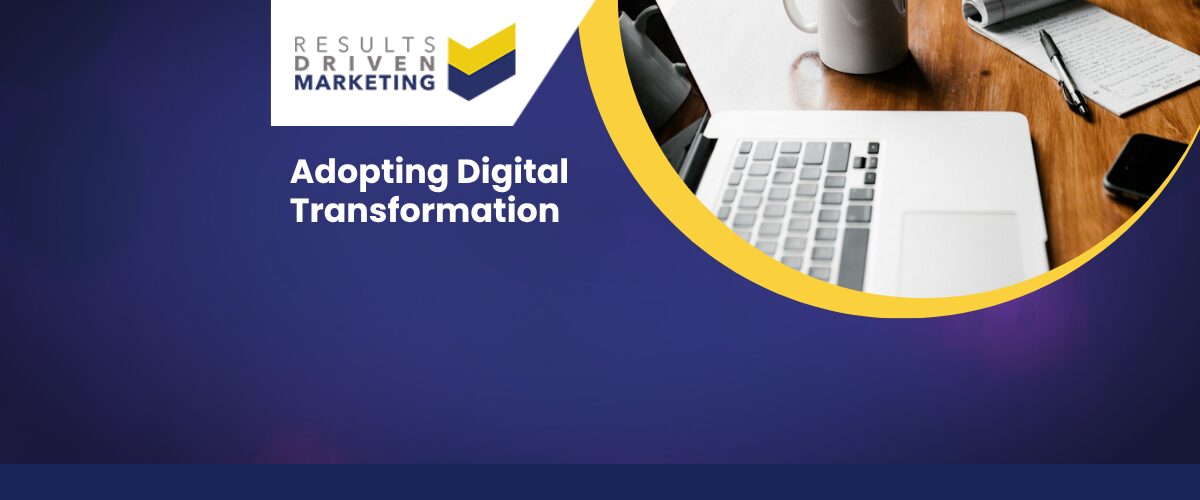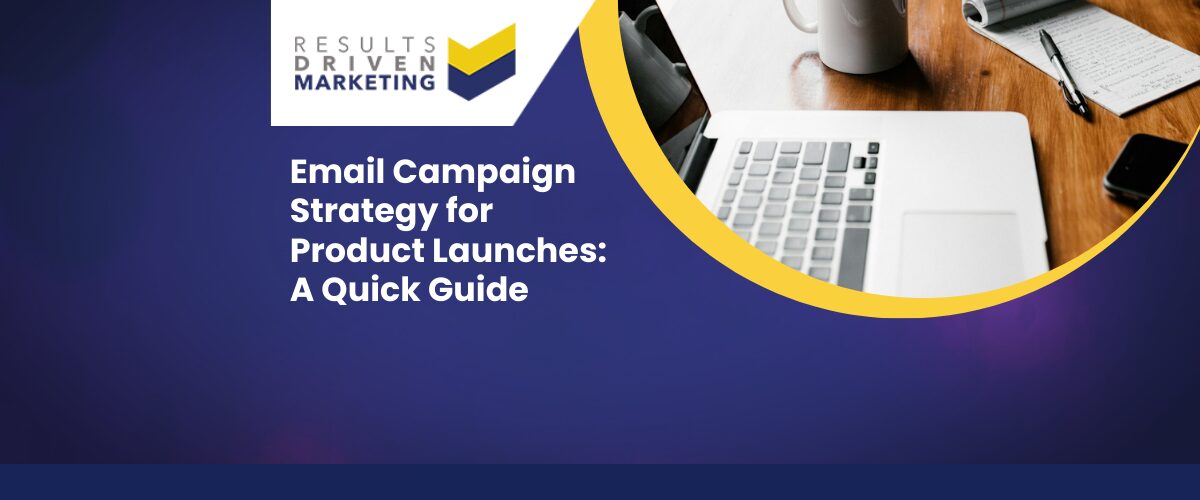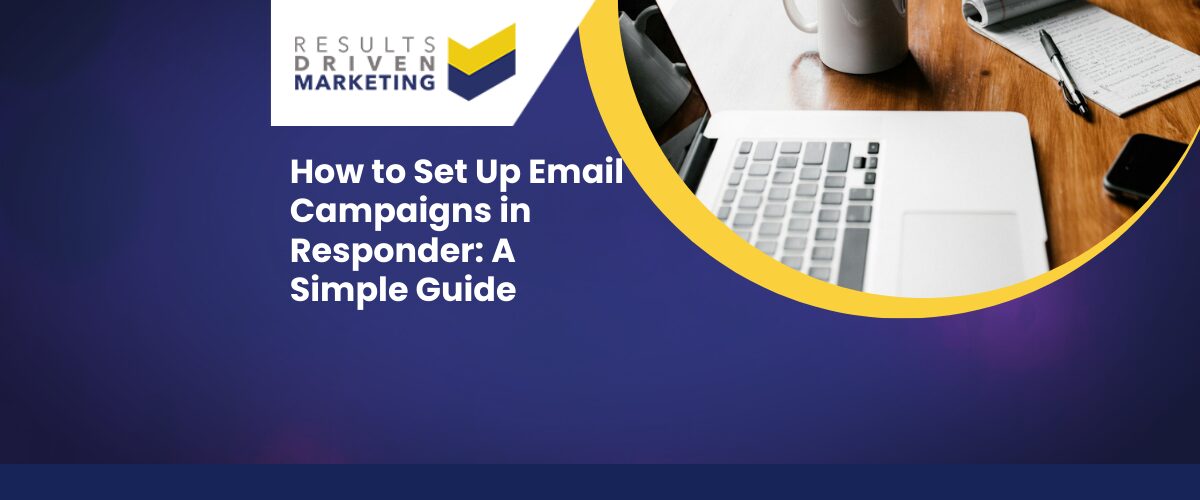
How Buying Databases for Marketing can help Grow your Business
When buying databases for marketing, there is a lot carefully consider.
The success of any business depends largely on the efforts that are made to grow the customer base.
The effectiveness of those marketing strategies used to attract the attention of potential customers.
Purchasing a database for marketing purposes can be an effective solution for businesses that are looking for ways to drive growth.
In this article, we’ll explore the advantages that buying databases have to offer and how they can be used to increase the customer base and profitability of a business.
Additionally, we’ll discuss the processes of researching and buying databases, as well as which databases are best suited for which types of businesses.
What strategies can take advantage of buying databases for marketing?
Email marketing
You can use purchased databases to send targeted email campaigns to people most likely to be interested in your product or service.
Telemarketing
When buying databases for marketing purposes, telemarketing is a great way to directly connect with your target audience.
Direct mail
Direct mail is a prestigious form of marketing that has stood the test of time.
Personalised targeted messaging
You can use purchased databases to create highly personalised messages that are tailored to each customer’s needs and interests.
Data analysis
By analysing the data you’ve purchased, you can better understand who your target market is and how best to reach them.
Customised segmentation
With purchased data, you can accurately segment customers into target groups and craft messaging and campaigns to reach the right people at the right time.
What are the advantages of buying databases for marketing purposes?
Access to reliable and high-quality data
Choosing to buy a database allows you to access expert-curated data that is reliable and tailored to fit your specific requirements.
Time savings
Purchasing a database can save you time that would have been spent on manual data collection and cleaning.
Reduced cost
Buying a database can often be more cost-effective than building your own, given the resources saved on manual processes.
Flexibility
Ready-made databases give you the flexibility to pick and choose the data elements you need and can scale up or down as your needs change.
Scalability
Purchasing a database allows you to quickly obtain larger volumes of data, so it’s easier to scale up your content marketing, data analytics, and other projects.
Advancement of scientific research
By buying databases, research teams can access large volumes of data quickly speeding up the development of new techniques, treatments, and technologies.
Opportunity for better decision-making
Buying data can support the growth of your business by providing insights that can improve your strategic plans and operations.
Improved customer service
Ready-made databases can provide customer service teams with a better understanding of users’ interests and preferences, improving the quality of customer experience.
Different types of b2b email list providers
List owners
Mailing list owners compile b2b email lists using various feeds and then sell on that information either directly to end user clients or resellers and brokers.
It is their responsibility to cleanse, check and verify the information that they supply on an ongoing basis.
They also perform all quality and legality checks including CTPS screening and GDPR compliance.
List brokers and resellers
List brokers work directly with end user clients and marketing intermediaries to search the market to find data for them that will match a set criterion.
They usually have relationships with several list owners and will negotiate a discount with them, which is where they find their margin.
List resellers usually work with one list owner and work with end user clients and marketing intermediaries alike.
They will work with you to understand your campaign needs and the put together a bespoke solution based on them.
The benefit of working with a list reseller is that they usually have a contract in place with a list owner.
This sees them buy data in bulk at a much lower rate and as smaller out fits, they pass those savings on to their clients.
Just because you are a list owner, doesn’t mean you are a good.
Likewise just because a broker will tell you that they can supply from anyone, doesn’t mean that they have relationships with good list owners.
Equally, a reseller might be able to offer cheaper lists but what good are they if they too are contracted to a poor list owner?
What questions to ask vendors when considering buying databases for marketing?
1. Are you a list owner, broker or reseller?
As we have touched on already, this is really the key starting point to ascertain exactly who you are dealing with and where their data comes from.
Understanding where the potential supplier sits within the industry will help you decide whether or not they are a company you want to work with or not.
As a reseller ourselves, we sometimes are approached by clients that eventually decide to go with a list owner because they feel that that is the route they want to go down.
It really doesn’t necessarily benefit them because they get the same product and usually pay more for it.
What is important to understand here, is that this is just the first question.
There are good and bad owners, brokers and resellers. It is always a good to know who you are dealing with and why they operate in the way that they do.
Now that we know who we are dealing with it’s a good time to start examining where the b2b email lists they supply come from.
2. Where exactly does your data come from?
If you are working with a list owner, you need to ask them which feeds they are using to compile their master file and what processes they have in place to not only maintain the accuracy but also the quality and legality of the data that they supply.
List owners that are not supplying very good data will often be quite vague at this point and often give pretty vague answers.
If you are working with a broker, you will probably go through a data selection process before they present a potential supplier to you. At that point you really need to still be asking this question of the proposed supplier.
OK, so you can get us data from this company, at this price, great.
Where is their data from? What feeds are they using? Processes etc.
Results Driven Marketing are totally transparent with our clients and where our b2b email lists are sourced.
We work with the UK’s leading data aggregator, who take the very best parts of the top five data houses to compile their master file of over 3.25 million records.
Those data houses being – 118 information, Dun and Bradstreet, Companies House, Corpdata and Thomson Directories.
3. What GDPR compliance checks are done?
The EU General Data Protection Regulation (GDPR) is the most significant piece of European privacy legislation in the last twenty years. It came into direct force on 25th May 2018.
GDPR replaces the 1995 EU Data Protection Directive (European Directive 95/46/EC), strengthening the rights that EU individuals have over their data, and creating a uniform data protection law across Europe.
Brexit will not affect the new regulation as the Secretary of State for the Department of Culture Media and Sport confirmed GDPR will be enforceable from 25th May 2018.
The GDPR applies to organisations processing and holding personal data within the EU. It also applies to organisations outside the EU that offer goods or services to individuals in the EU.
Personal data means any information that can be used to directly or indirectly identify the person. This could be anything from a name, computer IP address, bank details or location data.
What can happen?
Depending on the severity of non-compliance, companies can expect to be fined up to 2% of annual global turnover or €10 million (whichever is highest) for failing to comply with GDPR.
For more serious data breaches, companies can be fined up to 4% of annual global turnover or €20 million. Importantly these rules now apply to both controllers and processors.
Email marketing is currently governed by the Privacy and Electronics Communications Regulations (PECR).
GDPR still applies as it covers the processing of personal data in a general sense (note PECR is due to be replaced by the ePrivacy Regulation but this has been delayed and is very likely not to happen until the end of this year at the earliest).
Confusion often arises over the meaning of B2B marketing in relation to email campaigns.
In an email environment, B2B marketing does not include sole traders and partnerships. You need to gain consent for your organisation and your products/services in order to email sole traders and partnerships, as these are treated in the same way as consumers.
Be very careful not to get caught out by this when licensing third party data by making sure your supplier is only providing emails for B2B marketing.
4. What do we do if we get a GDPR complaint?
Most suppliers at the point of supplying you a list will wash their hands of anything coming back the other way.
When it comes to buying databases for marketing purposes you need to ensure you will work with a supplier that will support you if you do have queries coming back from recipients.
We offer a 12-month service which covers this absolutely free of charge.
If you have someone respond to a campaign you have run and makes a complaint that isn’t based on any missing information you haven’t included in your campaign, like the option to unsubscribe, we will simply ask you to send them our way and we will deal with them directly.
5. What accuracy guarantees does your data come with?
Accuracy guarantees are commonly provided by b2b email list suppliers.
These outline the basic levels at which they expect the data to perform, and should they fail will offer you recourse.
We have seen accuracy guarantees ranging from 80%-100% on hard bounces, but I would be wary of any companies offering close to 100% accuracy because email data, more than any other, decays rapidly and all reputable suppliers understand that they will never be able to supply a b2b email list that is 100% accurate.
The same applies for companies that are offering an accuracy guarantee that is very low, like 80%.
Losing 20% of a list you have just purchased is a lot to stomach for anyone.
The levels of accuracy guarantee offered vary from supplier to supplier.
Make sure you get the response to this question and the following question in writing as by way of evidence should you have any issues with the final product you are delivered.
6. What happens if a large number of the emails provided bounce?
So, moving on from the actual guarantees a supplier will offer, you need to be aware of what happens if they don’t meet those minimum benchmarks.
At Results Driven Marketing, we like to keep things simple:
- 98% postal address accuracy guarantee
- 90% telephone number and contact name accuracy guarantee
- 90% email address accuracy guarantee
Should we fall below any of the above minimum benchmarks, we offer like for like replacements, or if they are not available, a pro-rata refund.
All you need to do, is show us an email bounce report that shows a higher than 10% hard bounce rate and we will give you your money back on anything over it.
This gives our clients total peace of mind when purchasing from us.
These are the sort of ‘set in stone’ assurances you need from a potential supplier in writing.
7. What process do you go through to ensure my data is right for me?
A good b2b email list supplier will have clear process that they take each client through.
Data selection is a regular, repeatable process whereby certain questions need to be asked of a client, every single time.
The data selection process should cover:
Geography
Where are your targets located. Most b2b email list suppliers should be able to select your targets based on town, county, postcodes (great if you can provide a list), country, region i.e. South, North East etc.
A good tool that we have is the ability to run a radius search. We can ask what is the furthest you are able to travel to service a client.
Sectors
A lot of b2b email list suppliers can only run sector counts based on SIC (Standard Industry Classification) codes.
These can be a little bit ambiguous so it’s a good idea to work with a b2b email list provider that can also search by LOB (lines of business)
Size of organisation
Sometimes your products and services are only suited to certain sizes of company.
A good example of this would be if you supply HR software, it unlikely you want to target companies with 2 members of staff.
To help you identify larger organisations, you can filter your database by number of employees and company turnover.
Legal entities
Some companies might only want to target LTD’s, PLC’s or LLP’s.
Number of branches
This is really helpful for companies that are looking to target multi-site organisations.
Financial information
Some databases may not have this information available, but many will be able to select by profit and loss, profit change, net worth, sales increase/decrease.
Suppression
When buying databases for marketing purposes, a b2b email list provider should be asking you if you have a database in house already that you would like to suppress against this count. It saves you buying information that you already own.
Types of contacts
This is one of the most crucial parts of the selection process.
Most b2b email list providers will be able to offer extensive options on the types of job titles and job roles they have for you to select from.
Channels
Do you would just require and email address or would it also be helpful if you have a telephone number on the record as well for following up with email campaign engagements.
Here at Results Driven Marketing we have a clearly defined and proven 7-step data selection process which we take each client through to ensure the data we supply matches their target markets precisely.
8. Can I see a sample?
The answer to this question should always be, yes, of course!
Unfortunately, that isn’t always the answer you get.
It is essential to get a sample of the proposed list to see exactly what levels of information are included and how it is laid out.
You need to be clear about exactly what it is you can expect to receive and what format it is delivered in.
This ensures you know what you will need to do to the file to get in a format that will work with any crm systems of email platforms you use.
Some b2b email list providers with try and swerve this and instead offer you a file of column headers.
These are largely no use to anyone because they give no real indication of what you can expect to receive.
9. Can I have a breakdown?
This is a great question because it tests how hard a b2b email list provider is willing to work to make you feel comfortable.
Providing breakdowns for clients is an additional step and can take some time.
If you are getting the feeling that the proposed supplier isn’t keen on doing this, alarm bells should be ringing about their abilities.
You can ask for the proposed count to be broken down by most of the selection criteria we went through in question 7.
But key ones are to check the proposed industry sectors and job titles.
This way you can check make sure nothing has crept in that you were not expecting before you take ownership of the final product.
10. What are the licence terms?
Different suppliers offer b2b email lists on different licences with the most common being a 12-month, multi-use.
However, other licences are available, and they do have an impact on how much you pay.
You are really wise to check exactly what terms of usage are being set out by the supplier.
The last thing you want to happen, is to plan to run an email campaign over a period of months only to find that you have a single use-licence.
We believe these to be the fundamental questions to ask of a b2b email list supplier.
You will know if you are working with a good supplier if they answer most, if not all of these without you having to actually ask them in the first place.
Talk to us if you have any of the following concerns about buying data for marketing
Data Accuracy
The accuracy of the information your list contains is vital to the success of your marketing campaigns.
You should always make sure you have a way to validate the accuracy of any purchased list.
Data Protection
Whenever you buy mailing lists, make sure the list provider is compliant with GDPR and other applicable data protection regulations.
Privacy
Ensure the list provider has a clear privacy policy that informs consumers of your use of their data and the process by which they may opt-out of future communication from your company.
Quality
Not all lists are created equal.
Do your research and compare lists from different providers. Make sure that your list is targeted, up-to-date, and comprehensive.
Cost
Make sure that you understand the total cost of purchasing the list, including any additional fees associated with list maintenance, segmentation, or customisation.
We hope you enjoyed this article about buying databases for marketing, but if you do have any further questions or queries, you can contact us for a free consultation. Have a great day!





